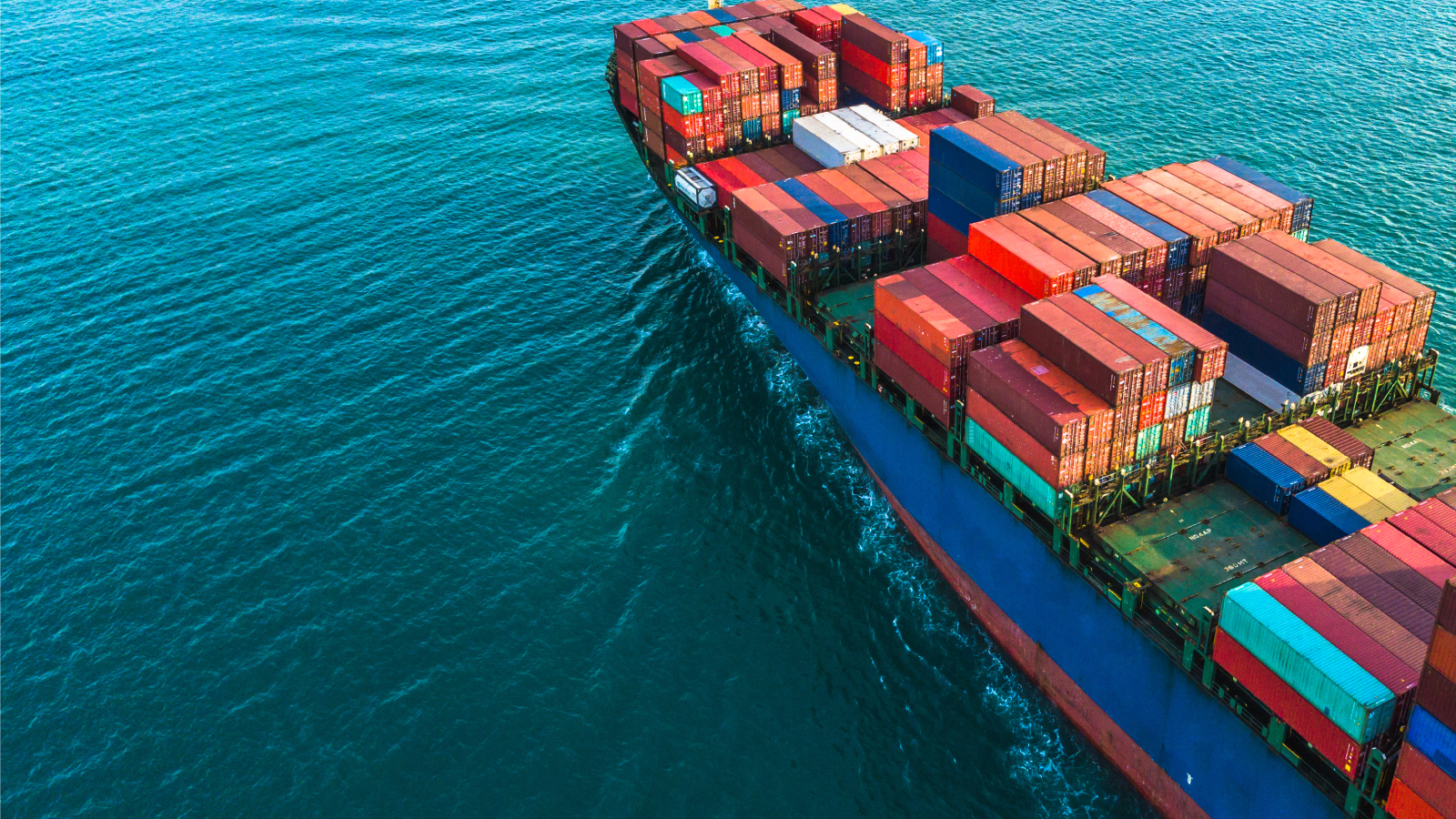Multilingual Customs Brokerage Processing Opens Up New Markets for Freight Forwarders

The global economy continues to face unprecedented challenges in 2021 thanks to the ongoing COVID-19 pandemic. But that doesn’t mean that commerce has stopped — in fact, there are growing opportunities for companies in the transport and logistics industry to expand beyond familiar ports and explore new overseas markets.
But where should logistics firms start their search? One place is Agility’s Emerging Markets Logistics Index, an annual report that uses economic and trade data, social indicators, and transport development to rank the top emerging markets in the freight industries. Agility’s focus on potential growth and risk factors in terms of logistics is valuable for giving companies on the supply chain insight into both short- and long-term prospects.
If you’re a freight forwarder looking to expand your service area and grow your shipper base in 2021, here are three emerging markets to watch (and some of the benefits and challenges you may encounter in each).
#1: China
China has been the crown jewel of the emerging markets world for some years now, and this year is no different.
Despite severe lockdowns in the early months of the COVID-19 outbreak, China’s economy began to rebound as early as Q2 of 2020 (unlike most of Europe and the United States). China is expected to grow at a CAGR of more than 9% from 2020 to 2025.
Agility reports that China has faced some economic uncertainty related to ongoing trade disputes with the United States. To combat this internally, Beijing has announced a “dual circulation” strategy that is intended to stimulate domestic demand while emphasizing liberalization of the economy.
The market for cold chain logistics in China shows particular promise as consumer demand for agricultural and aquatic products grows. Freight forwarders with cold chain capabilities and experience working with perishable products are well suited to expand to China to take advantage of this trend.
#2 Indonesia
Indonesia is home to the largest economy in Southeast Asia, and the fourth-largest population in the world. It’s also one of the fastest growing economies in the 21st century — the International Monetary Fund (IMF) forecasts that the Indonesian economy will expand 6.1% in 2021.
Indonesia has set lofty targets to become one of the ten largest economies by the end of the decade. The Making Indonesia 4.0 initiative is offering government incentives to induce industry and manufacturing and to expand the digital economy. For companies focused on the supply chain, that means a lot of opportunity to expand and forge profitable new relationships in this diverse and exciting country.
One potential downside to expanding to Indonesia is that complex customs requirements make it a challenge to handle paperwork in-house — but this hurdle can easily be overcome by working with an experienced customs brokerage processing partner.
#3: United Arab Emirates
Compared to other Middle Eastern regional players, the UAE has a liberal trade regime, stable political climate, and developed infrastructure. Additionally, the UAE has forged new trade relationships with both the EU and Asia in recent years, making it a desirable central location for moving goods between the two regions.
While Dubai is a center of global commerce and tourism, the UAE remains a nation of strong traditional values. Islam plays an important part in Emirati day-to-day life, and hierarchies in the workplace are more formal (and more visible) than in most western businesses. Many entrepreneurs find navigating local customs difficult, and profitable partnerships can sometimes sour due to simple miscommunications.
Agility ranks the UAE #1 for Business Fundamentals, which “measures the openness, robustness, fairness and strength of each individual emerging market’s business environment, rule of law, and market independence.” After a difficult 2020, the UAE economy has shown signs of resilience and is expected to start recovering in 2021.
How multilingual customs brokerage processing can help
Language is perhaps the most difficult barrier to expanding into emerging markets. If you’re a freight forwarder looking to build partnerships in any of these markets, communication is essential to success. That requires a common language, not to mention some fluency in the local culture.
Customs processes can also build barriers as export paperwork requirements vary greatly between countries — or even from region to region. A simple miscommunication can lead to cargo sitting on the dock overseas for days or weeks — accumulating losses and upsetting clients while it does.
Luckily, multilingual customs brokerage processing can help you overcome business language barriers and paperwork requirements . For example, DDC FPO can handle customs data in over 30 languages, so we’re able to support your operations in dozens of emerging markets.
Conclusion
Customs brokerage processing saves time and money for freight forwarders in these countries and many, many others. By streamlining your customs back office workflows, you take time-consuming and stressful complex tasks off your plate, allowing you to focus resources and time on other value generating activities.
International shipping can be a volatile and difficult landscape to navigate at times, but companies with reliable partners to help keep the details organized can focus on the big picture and win.
Connect with Us
Clear customs faster with DDC FPO, a trusted strategic partner for transportation and logistics companies worldwide.
How Can We Help You?
Get in touch to learn how we can support your success.
Get Started
